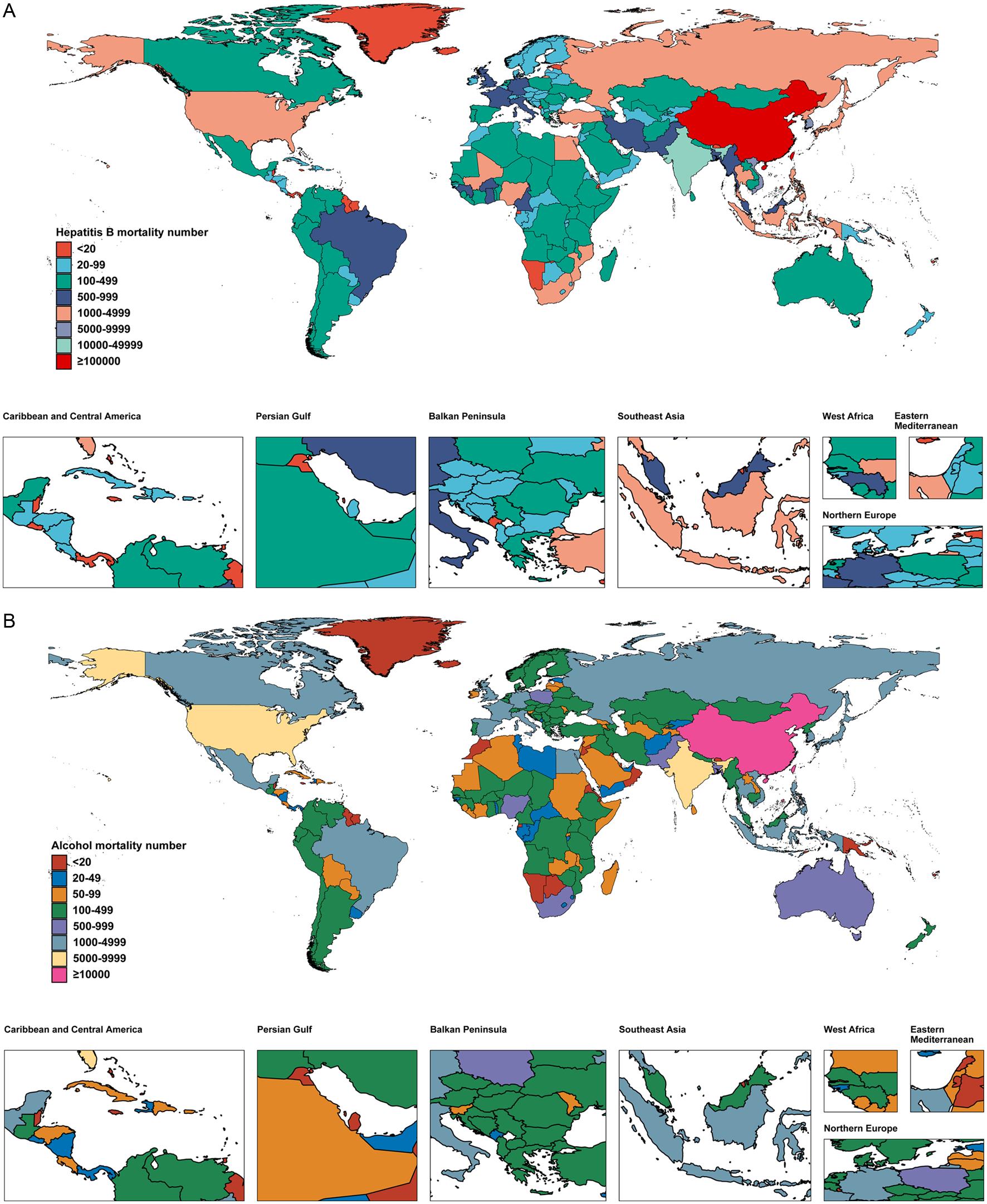Prenatal checkups linked to healthier birth weights in West Africa – News-Medical

Impact of Prenatal Care on Birth Outcomes in The Gambia: A Sustainable Development Perspective
Introduction
In The Gambia, a West African nation, 10% of newborns are born with low birth weight (less than 5.5 pounds), facing significant health challenges including increased mortality within the first year and higher risks of physical, cognitive, and chronic health issues. Addressing this issue aligns directly with the United Nations Sustainable Development Goals (SDGs), particularly SDG 3: Good Health and Well-being.
Study Overview and Key Findings
A recent study co-authored by researchers from the University of Notre Dame provides new causal evidence that increased prenatal checkups improve birth outcomes in The Gambia. Published in PLOS Global Public Health, the study analyzed data from over 4,400 births recorded in the 2019-20 Gambian Demographic and Health Survey.
- Each additional prenatal checkup was associated with:
- An increase in birth weight by approximately 0.77 ounces.
- A 1.2% reduction in the incidence of low birth weight.
- Mothers attending four or more prenatal checkups experienced:
- A 2.5-ounce increase in average birth weight.
- A 4.7% reduction in low birth weight incidence.
- A 3.9% lower likelihood of delivering a low birth weight newborn compared to mothers with fewer than four checkups.
Relevance to Sustainable Development Goals
The study’s findings contribute to achieving multiple SDGs:
- SDG 3 (Good Health and Well-being): Enhancing prenatal care reduces neonatal mortality and improves infant health outcomes.
- SDG 2 (Zero Hunger): Improved maternal nutrition and prenatal supplementation support fetal growth.
- SDG 10 (Reduced Inequalities): Targeted health interventions in resource-constrained settings help reduce health disparities.
Mechanisms and Interventions
Prenatal checkups enable early detection and management of conditions such as intrauterine growth restriction. Interventions during these visits include:
- Iron and folic acid supplementation to support healthy fetal development.
- Education on healthy behaviors for expectant mothers.
- Monitoring fetal growth to prevent low birth weight.
Policy Implications and Future Research
The study emphasizes the importance of both the quantity and quality of prenatal care to improve neonatal health outcomes. Recommendations include:
- Prioritizing access to comprehensive prenatal checkups in sub-Saharan Africa.
- Investing in healthcare infrastructure to support sustained maternal and newborn health.
- Conducting further research to identify the most effective components of prenatal care in resource-limited settings.
These measures align with the broader goals of the University of Notre Dame’s Keough School of Global Affairs and the Eck Institute for Global Health, which focus on addressing global poverty, inequality, and critical healthcare needs of mothers and children through interdisciplinary collaboration.
Conclusion
The evidence from The Gambia highlights that sustained investments in prenatal care are essential for ensuring newborns start life on a healthy path, thereby advancing progress toward the Sustainable Development Goals. This study provides valuable guidance for public health policy aimed at reducing neonatal mortality and improving birth outcomes in low-resource contexts.
References
- Gautam, S., et al. (2025). Effect of antenatal care on birth outcomes in the Gambia: A propensity score matching analysis. PLOS Global Public Health. doi.org/10.1371/journal.pgph.0003880
- Keough School of Global Affairs, University of Notre Dame. Prioritizing prenatal care may decrease low birth weight outcomes in The Gambia
1. Sustainable Development Goals (SDGs) Addressed or Connected
- SDG 3: Good Health and Well-being
- The article focuses on improving newborn health and reducing low birth weight, which directly relates to ensuring healthy lives and promoting well-being for all ages.
- It discusses prenatal care and its impact on birth outcomes, which is central to maternal and child health.
- SDG 2: Zero Hunger
- Folic acid and iron supplementation mentioned in the article relate to nutrition interventions that support fetal growth and healthy birth weight.
- SDG 1: No Poverty
- The research is part of broader efforts to address global poverty and inequality, which affect access to healthcare services like prenatal checkups.
2. Specific Targets Under Those SDGs Identified
- SDG 3: Good Health and Well-being
- Target 3.1: Reduce the global maternal mortality ratio.
- Target 3.2: End preventable deaths of newborns and children under 5 years of age.
- Target 3.8: Achieve universal health coverage, including access to quality essential health-care services.
- SDG 2: Zero Hunger
- Target 2.2: End all forms of malnutrition, including achieving targets on stunted and wasted children under 5 years of age.
- SDG 1: No Poverty
- Target 1.4: Ensure that all men and women have equal rights to economic resources and access to basic services, including health care.
3. Indicators Mentioned or Implied to Measure Progress
- Low Birth Weight Incidence
- The article measures progress by the reduction in the percentage of newborns with low birth weight (less than 5.5 pounds).
- Specific figures include a 1.2% reduction per prenatal checkup and a 4.7% reduction when four or more checkups are attended.
- Birth Weight (in ounces or grams)
- Average increase in birth weight per prenatal checkup (0.77 ounces) and cumulative increase (2.5 ounces with four or more checkups) are used as indicators of improved birth outcomes.
- Access to Prenatal Care
- Number of prenatal checkups attended by pregnant women is an indicator of healthcare access and utilization.
- Neonatal Mortality Rates (implied)
- The article implies that improved birth weight and prenatal care reduce deaths within the first month and year, linking to neonatal mortality indicators.
4. Table: SDGs, Targets and Indicators
| SDGs | Targets | Indicators |
|---|---|---|
| SDG 3: Good Health and Well-being |
|
|
| SDG 2: Zero Hunger |
|
|
| SDG 1: No Poverty |
|
|
Source: news-medical.net

What is Your Reaction?
 Like
0
Like
0
 Dislike
0
Dislike
0
 Love
0
Love
0
 Funny
0
Funny
0
 Angry
0
Angry
0
 Sad
0
Sad
0
 Wow
0
Wow
0















































































